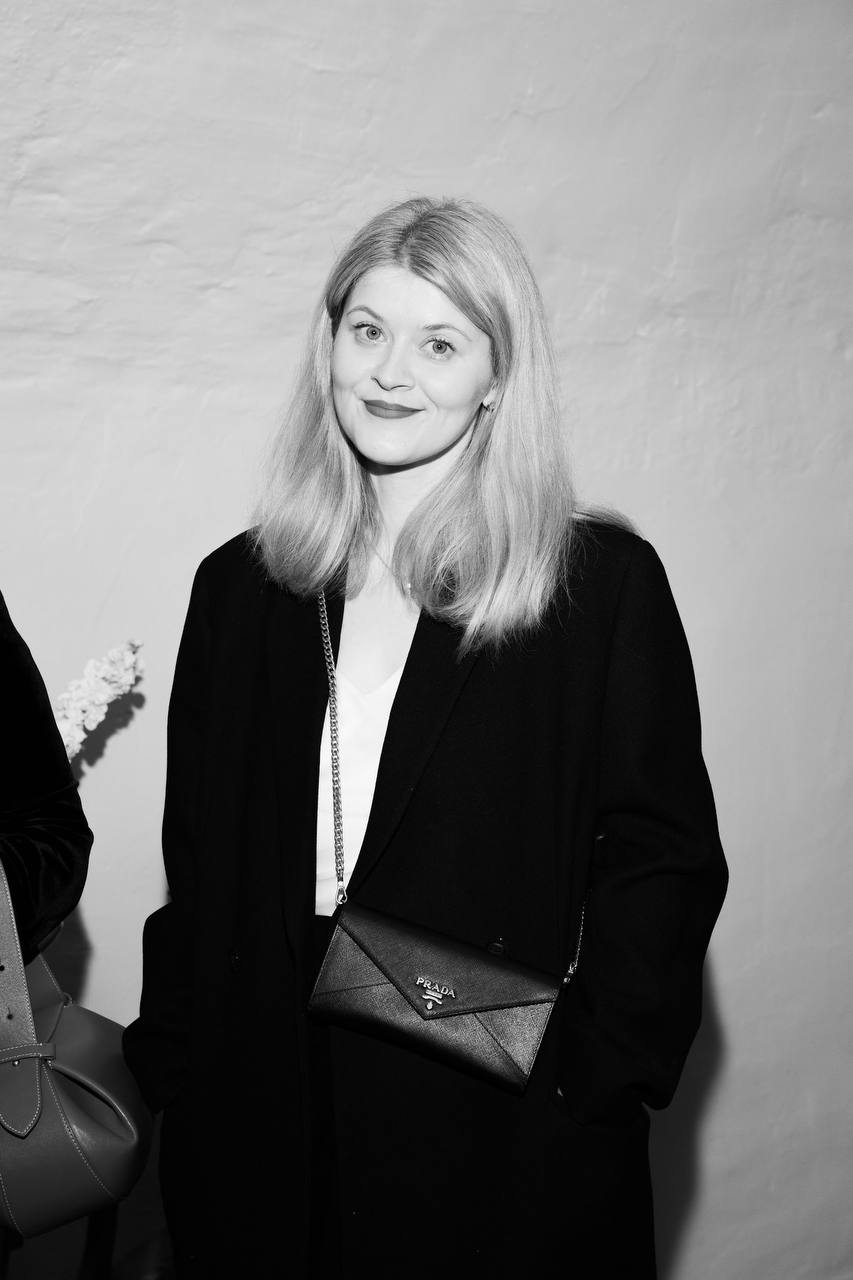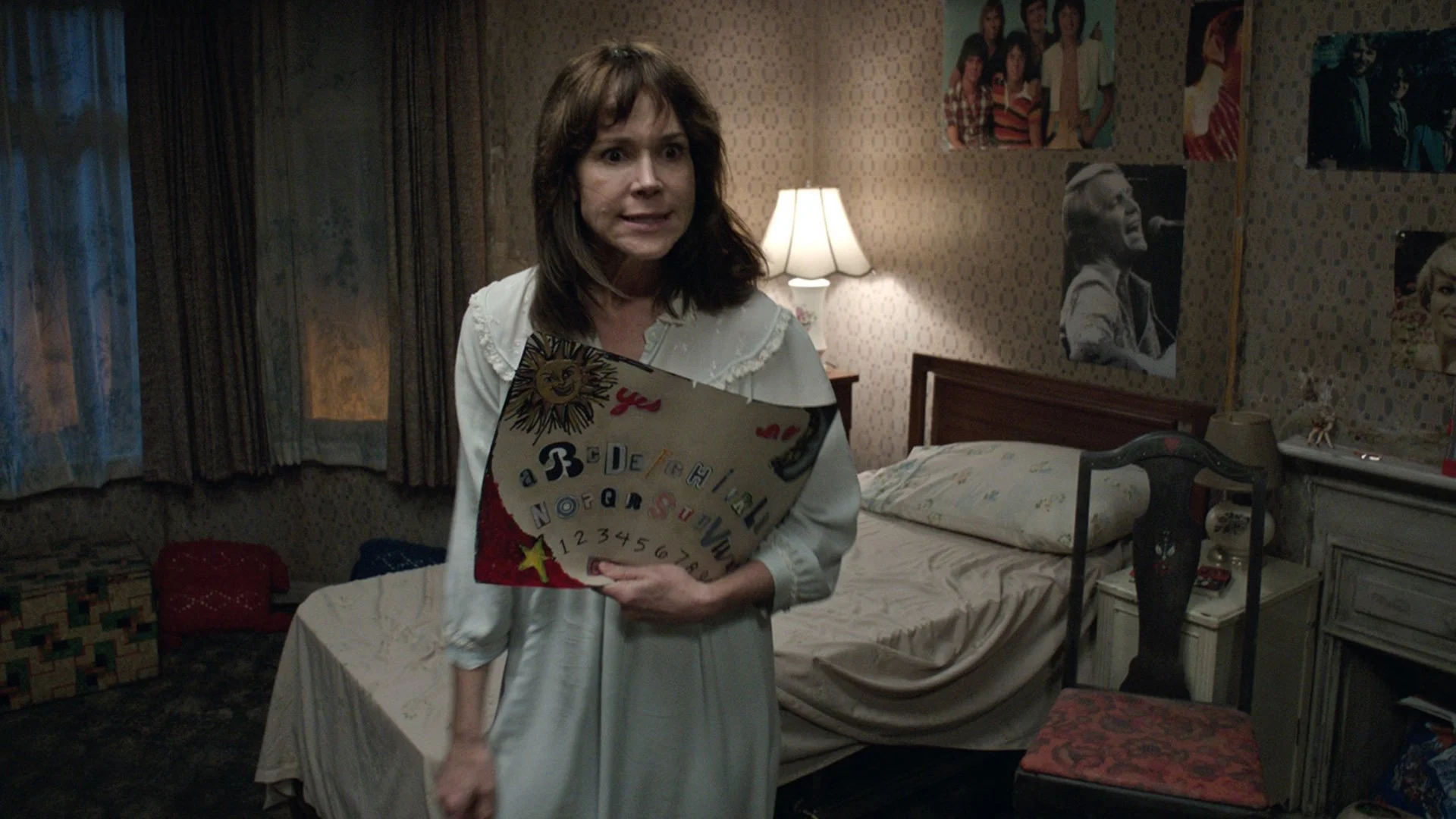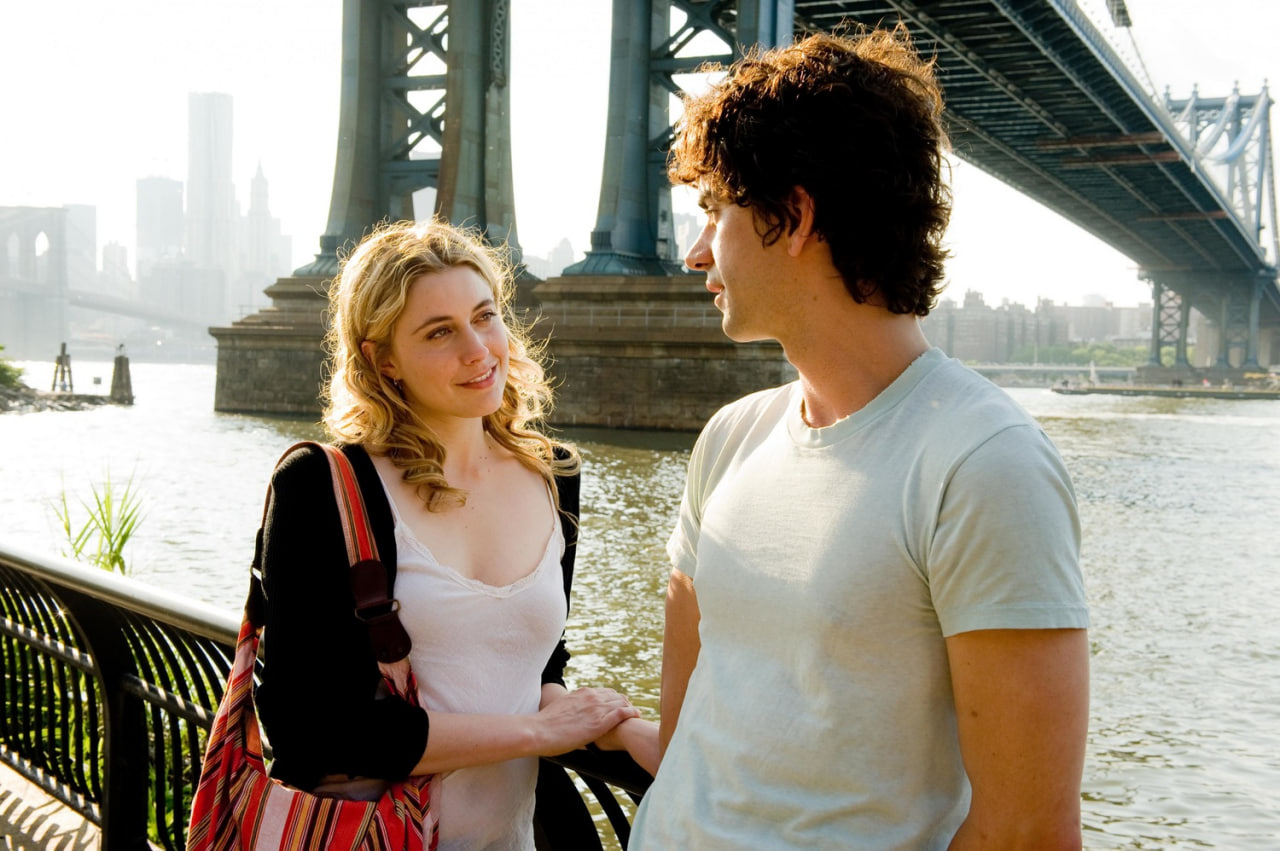Often, after eating a product, a person begins to feel a strong sense of guilt for it. And this is especially true during periods of long festive feasts, when the number of dishes on the table is no longer counted, and the ratio of dressings in salads is equal to 1: 1.
It is really difficult to refuse food at this time. After all, how to explain to relatives who cut vegetables for salad all morning on December 31 that there are too many calories in Olivier? Or that in “Herring under a fur coat” there is somehow too much mayonnaise?
And if you are one of those who fearfully wait for the New Year holidays, read this material to the end, as they know that they threaten with prolonged gluttony and guilt.
Analytical psychologist Olga Makarova explains why you shouldn’t blame yourself for the amount you eat on New Year’s Eve.

Olga Makarova, psychologist
Analytical psychology teaches you to go deep and work with the cause, not the symptom. There can be several reasons for overeating on New Year’s Eve.
First of all, it is important to say that food is symbolically associated with the mother figure. The mother is matter, she is bodily, she is food.
When a baby cries, warm milk soothes him, and from early childhood we get used to the fact that food is security and peace. It is eternal and common to all. Many have noticed that mood swings can affect appetite – someone in sadness eats more, and someone does not get a piece in their throat. That is, eating behavior is often associated with emotions.
For most people, the bond of “eating more than emotions” doesn’t end in infancy (when appropriate). In many families, food is used to express love throughout their entire lives because they have no other way of showing love. And instead of the words “baby, mommy loves you so much” the kid gets endless cheesecakes and pies. In other families, children are punished with food: there is a double – there will be no dessert! And in many other cases, food quenches anxiety and fear. Scared? hurt? For sugar.
Oftentimes, food replaces almost everything in a parent-child relationship. Instead of hugs, food, instead of chat, games, common hobbies, advice, even mourning. Thus, the person gets used to replacing emotions with food. People with eating disorders have little understanding of their emotions, which is normal.
Overeating during the holidays is not an eating disorder per se.
But you can speculate about the causes of overeating to be similar. As a rule, when overeating, a person tries to “seize” some kind of emotion in order to avoid direct contact with it.
What to eat on New Year’s Eve? Anxiety (there is a lot of fuss and excitement during the holidays), anger (again, panic, relatives do not see eye to eye), sadness (most people feel lonely during this period), boredom (long weekend, nothing to do) and even more than your stomach can handle. great pleasure.
Analytical psychology “how to stop doing this?” does not immediately answer the question, “What does this mean?” he asks. and “why are you doing this?” Therefore, if a person is obviously eating more than usual, it’s always asking yourself, “How am I feeling right now?” That’s a reason to ask. And the New Year is no exception.
Tables brimming with the stress and treats from the general holiday bustle are a good background to switch emotions with food. But you can try to show subjectivity and use this as an opportunity for introspection.
Source: People Talk
Errol Villanueva is an author and lifestyle journalist who writes for The Fashion Vibes. With a passion for exploring the latest trends in fashion, food, travel, and wellness, Errol’s articles are a must-read for anyone interested in living a stylish and fulfilling life.





